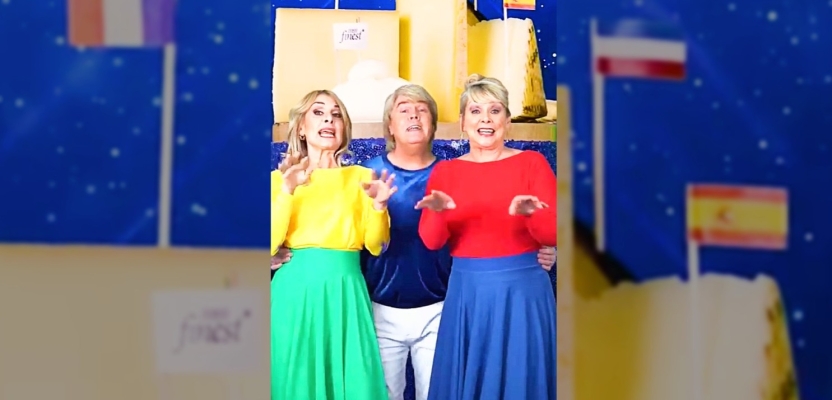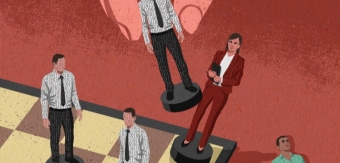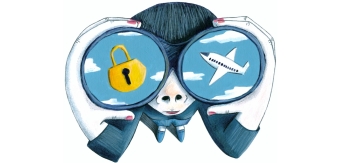The Eurovision Song Contest, renowned for its extravagant performances and diverse musical entries, has evolved significantly over the years, now claiming a spot as one of the most watched non-sporting events globally.
In 2023, Eurovision reached a staggering 162 million viewers across its three live shows, with an immense digital footprint that saw over a billion interactions across platforms like YouTube and TikTok.
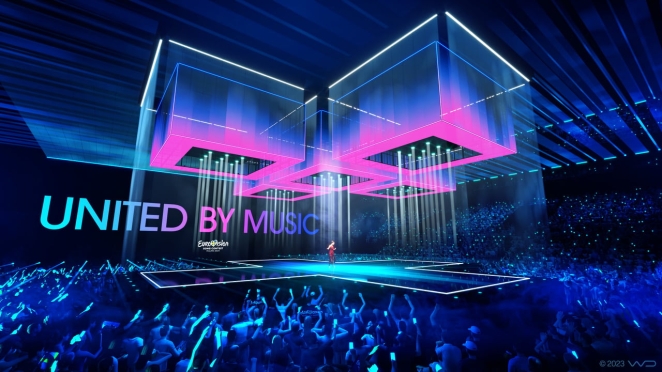
The comparison of Eurovision to the American Super Bowl, especially in terms of advertising and viewership impact, is becoming increasingly apt. Like the Super Bowl, which is renowned for its high-profile advertisements and halftime shows, Eurovision offers brands a vast and diverse audience that stretches not just across Europe but the entire globe.
The spectacle's widespread appeal is highlighted by its strong viewership numbers, which in some markets exceed 50% of the television share during its broadcast. This broad reach makes it an event that brands can hardly afford to ignore. But just because they can, does that mean they should?
Eurovision might make a lot of sense for certain brands but for others, it’s one square peg too far.
Pros of Brand Associations with Eurovision
Massive Reach: Brands gain access to a vast audience across different demographics and countries.
Engagement: High engagement rates on social media platforms, with millions actively discussing the event.
Inclusivity: Eurovision's message of diversity and inclusivity aligns well with contemporary brand values, appealing especially to younger demographics.
Cons of Brand Associations with Eurovision
Relevance: Not all brands fit well with Eurovision’s flamboyant and eclectic style.
Backlash Risk: The potential for a negative reception if the partnership is viewed as unauthentic or forced.
Key Considerations for Brands
Brands thinking about associating with Eurovision should consider whether the event aligns with their image and values. The tone and message of the brand should resonate naturally with Eurovision's themes of diversity, creativity, and inclusivity. Understanding the Eurovision audience can help tailor marketing strategies effectively.
To maximize the impact of their association with Eurovision, brands should consider engaging audiences through creative and interactive campaigns. Utilizing social media to amplify their presence and connect with viewers can be particularly effective, as shown by the immense online activity surrounding the event.
Of course, brands looking to “get in bed” with Eurovision should of course look to past success stories for inspiration. Past successful partnerships have included diverse campaigns that engage viewers both on and off-screen. For instance, last year, Tesco and BBH London in the UK used Eurovision's popularity to launch a cheese themed TikTok singing contest, resonating well with the event's fun and inclusive ethos.
Foxy Bingo, meanwhile, celebrated last year’s Eurovision Song Contest with a series of comic online films that poked fun at what the competition is best known for – utter chaos. Booking.com was even able to rope in former winner Conchita Wurst to star in their ad.
For the most part, however, the advertisers this year are the same as last year. No surprises. Headline sponsors Morocanoil, entertainment partners TikTok, and Diageo’s Bailey’s brand chief among them. While Mondelez and Booking haven’t returned, the latter’s travel sector is still well represented, with EasyJet and Royal Caribbean stepping in as official airline and cruise companies. Southern European real estate agents/property search company Idealista also returned as a sponsor for the third year.
These are all brands with colourful and “fun-loving” characteristics that seem an ideal fit for the competition. I can’t, for example, see a brand like Microsoft teaming up with Eurovision in way that didn’t feel spectacularly contrived at best and pandering at worst.
Nul Point
Eurovision's scale and reach continue to grow year after year, despite the increasingly fractious nature of the continent. It was once a fringe concern for advertisers but, particularly with the advent of social media, it’s an essential consideration for global branding strategies. For SOME brands.
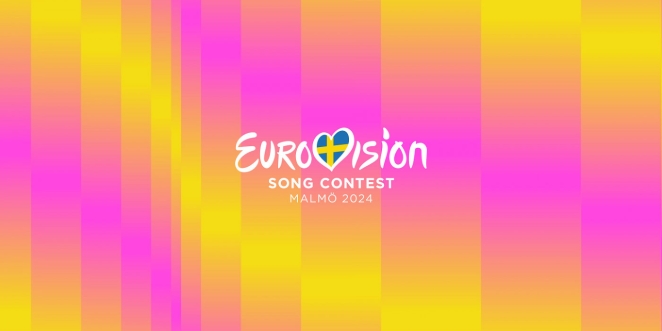
By aligning with Eurovision, brands that make sense as Eurovision partners have the opportunity to showcase their support for diversity and creativity while tapping into the contest's expansive and engaged international audience. Just don’t force it because Eurovision fans will be the first to tell you it doesn’t work. And he last thing anyone wants is a “nul point” at this time of year.

